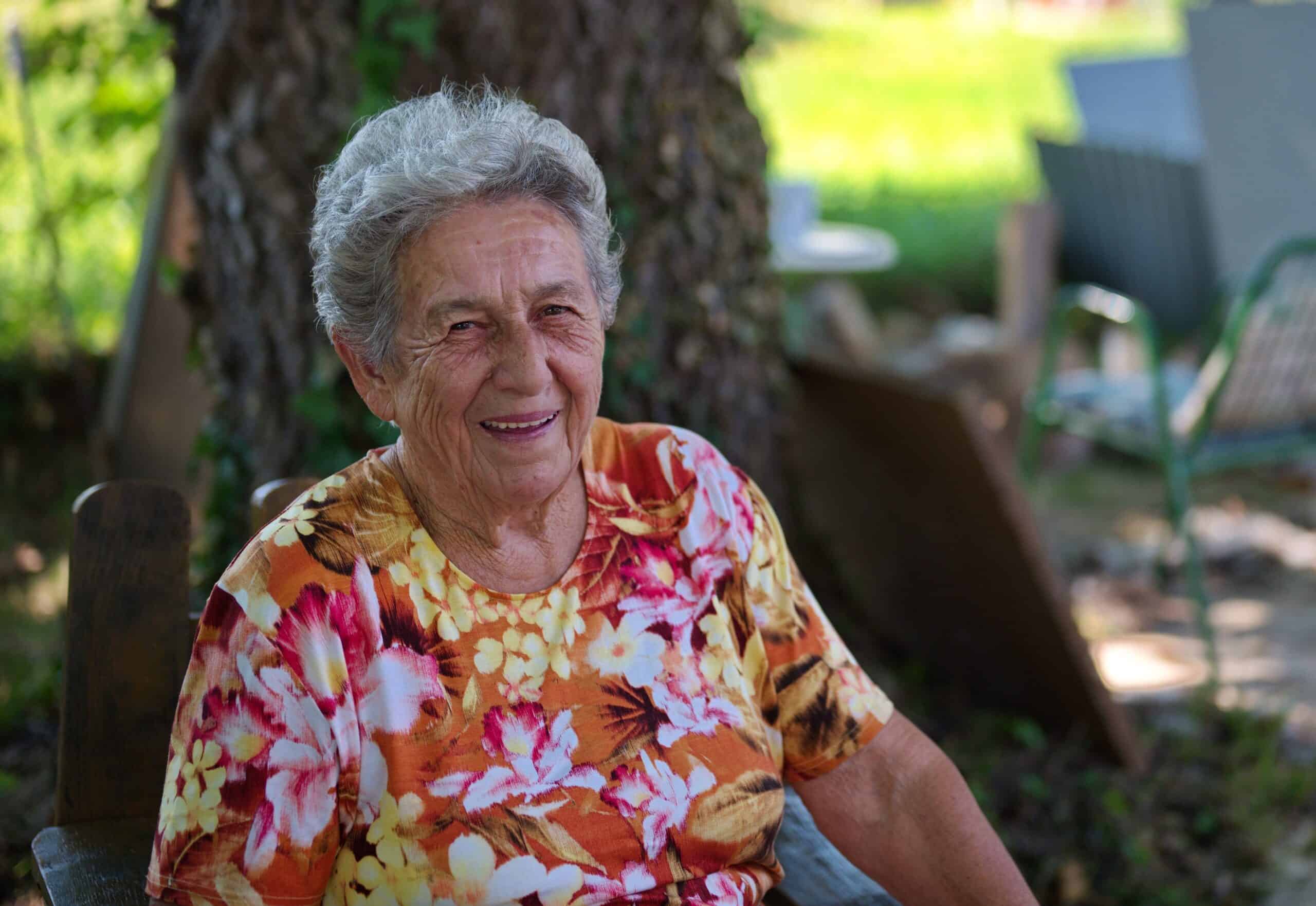Thanksgiving with Grace: Supporting Loved Ones with Health Challenges During the Holidays
Thanksgiving is a cherished time to gather with family and friends, reflect on gratitude, and celebrate traditions. For families supporting someone with health challenges—be it mobility issues, chronic illness, mental health conditions, or other concerns—the holiday season can require extra thought and preparation. With empathy and planning, you can create a joyful and inclusive celebration for everyone.
Here are practical tips to navigate Thanksgiving while accommodating a loved one with health challenges.

1. Tailor the Celebration to Their Needs
Every health condition comes with its unique requirements. Understanding these needs is key to ensuring your loved one feels comfortable and included:
- Mobility Challenges: Make your home accessible by removing tripping hazards, ensuring seating is comfortable and stable, and planning activities on one floor if stairs are an obstacle.
- Dietary Restrictions: If your loved one follows a specific diet, offer inclusive menu options. For example, prepare low-sodium dishes for those with heart conditions or gluten-free options for those with celiac disease.
- Energy Limitations: Chronic illnesses like fibromyalgia or cancer can leave someone fatigued. Plan shorter events or allow for rest breaks during the day.
2. Create a Relaxing Environment
For anyone dealing with pain, fatigue, or sensory sensitivities, the holiday atmosphere can quickly become overwhelming. Keep things calm and inviting:
- Adjust Lighting: Soft, warm lighting can be more soothing than bright, harsh lights.
- Manage Noise Levels: Keep background music low and minimize loud conversations or clattering.
- Offer Quiet Spaces: Designate an area where your loved one can rest or retreat if they need a break.
3. Modify the Schedule
Flexibility is essential when someone’s health condition affects their daily routine:
- Align with Their Best Times: For example, people with certain conditions like Parkinson’s disease or chronic fatigue may feel more energetic earlier in the day.
- Shorten the Day: A condensed schedule can prevent exhaustion or overstimulation.
- Be Prepared for Changes: Health conditions can be unpredictable. Stay flexible if plans need to shift at the last minute.
4. Include Them in the Celebration
Health challenges can sometimes make people feel isolated or disconnected. Find ways to include your loved one in the festivities:
- Assign Simple Tasks: They may enjoy helping in small ways, such as folding napkins, peeling vegetables, or arranging flowers.
- Engage in Meaningful Activities: Consider storytelling, watching favorite holiday movies, or creating gratitude lists together.
- Adapt Participation: If they can’t join everyone at the table, bring the celebration to them—whether it’s sharing dessert in a cozy spot or video-calling loved ones who can’t attend in person.
5. Communicate with Guests
Help other family members and friends understand how to best support your loved one:
- Share Updates: Let guests know about any changes in your loved one’s condition so they can approach interactions with sensitivity.
- Set Expectations: Explain that your loved one may need to leave early, take breaks, or have different dietary needs.
- Encourage Understanding: Ask guests to be patient, avoid drawing attention to difficulties, and focus on creating a positive atmosphere.
6. Be Mindful of Emotional Well-Being
Holidays can bring up mixed emotions, especially for someone managing a health challenge. Be attentive to their mental health:
- Foster Positivity: Share uplifting stories or reflect on happy memories to lift their spirits.
- Offer Support: Acknowledge their feelings if they express sadness, frustration, or anxiety.
- Encourage Inclusion: Ensure they feel valued, even if their participation looks different from others’.
7. Practice Gratitude and Adaptability
Thanksgiving is about appreciating the moment. Focus on what your loved one can do, rather than what they can’t:
- Celebrate Small Victories: Whether it’s enjoying a meal together, sharing a laugh, or simply being present, cherish these moments.
- Adapt Traditions: Modify long-standing rituals to suit your loved one’s capabilities, such as having a virtual gathering or creating a new, low-key tradition.
8. Take Care of Yourself
Supporting someone with health challenges can be demanding. Remember to care for yourself so you can fully engage in the holiday:
- Delegate Responsibilities: Share the workload with family and friends.
- Set Boundaries: Don’t overcommit—focus on what truly matters.
- Seek Support: If needed, enlist the help of caregivers, respite services, or community resources.
Finding Joy in Thanksgiving Together
The holidays may look different when accommodating health challenges, but they can still be deeply meaningful. By planning thoughtfully, fostering connection, and approaching the season with flexibility, you can create a Thanksgiving celebration that embodies the spirit of gratitude and inclusion.
Whether it’s sharing a simple meal, reminiscing about past holidays, or simply being present, these moments of togetherness are the essence of the season. With love, patience, and understanding, you can ensure everyone feels valued and cherished this Thanksgiving.
At Aging With Grace, we believe that aging with grace means aging in place, surrounded by the comfort and familiarity of home.






